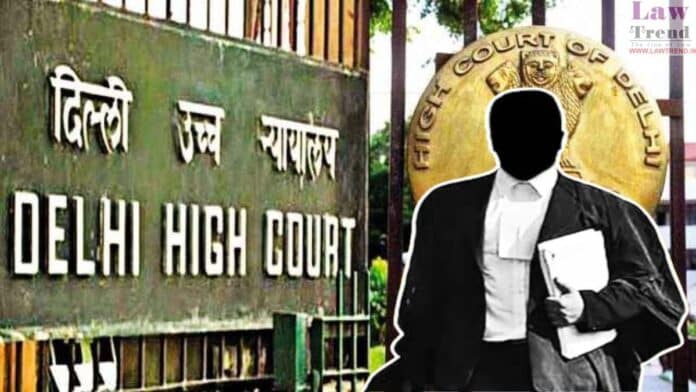The Delhi High Court has dismissed a petition seeking to amend a plaint in a suit pending for three decades, terming the move as an attempt to “protract the proceedings.” Justice Girish Kathpalia upheld the trial court’s decision to reject the amendment application filed at the stage of rebuttal final arguments, observing that reopening the
To Read More Please Subscribe to VIP Membership for Unlimited Access to All the Articles, Download Available Copies of Judgments/Order, Acess to Central/State Bare Acts, Advertisement Free Content, Access to More than 4000 Legal Drafts( Readymade Editable Formats of Suits, Petitions, Writs, Legal Notices, Divorce Petitions, 138 Notices, Bail Applications etc.) in Hindi and English.




